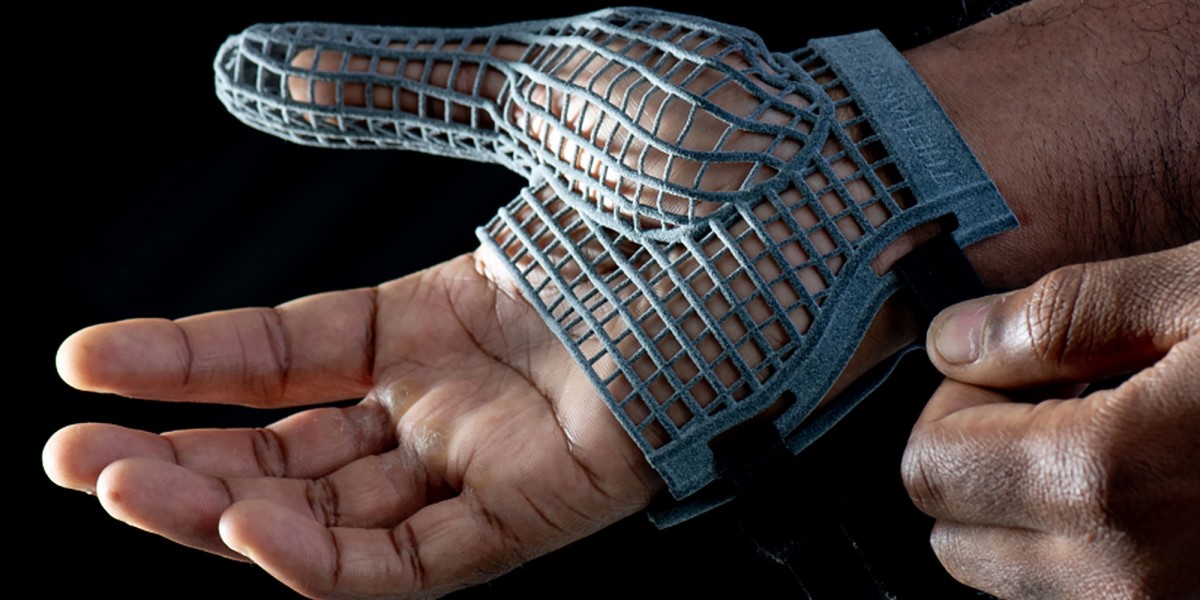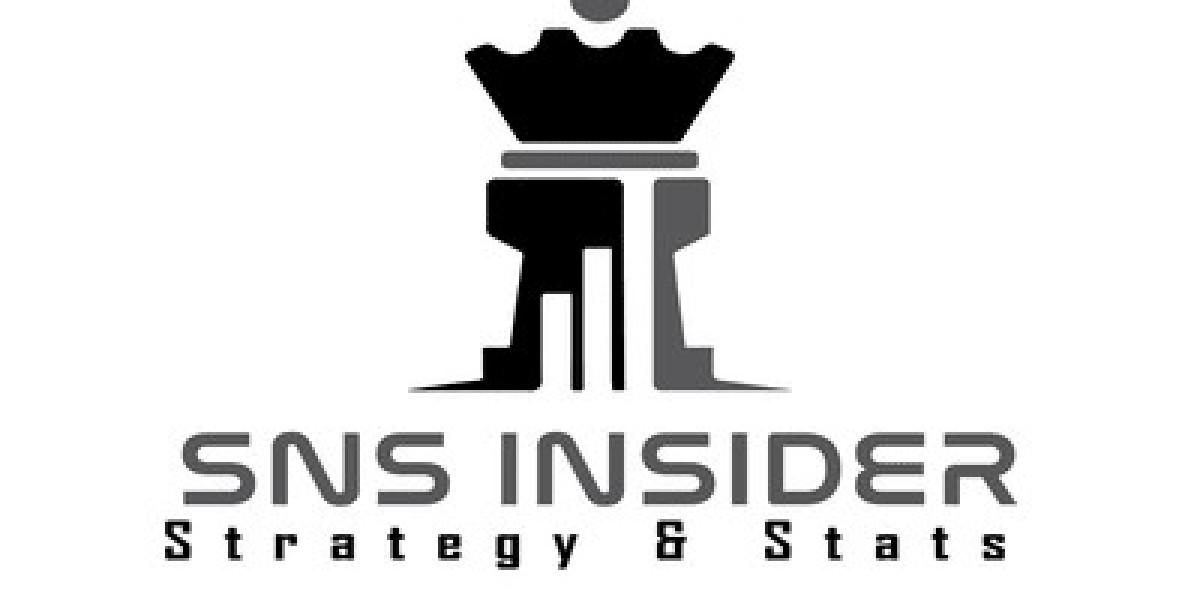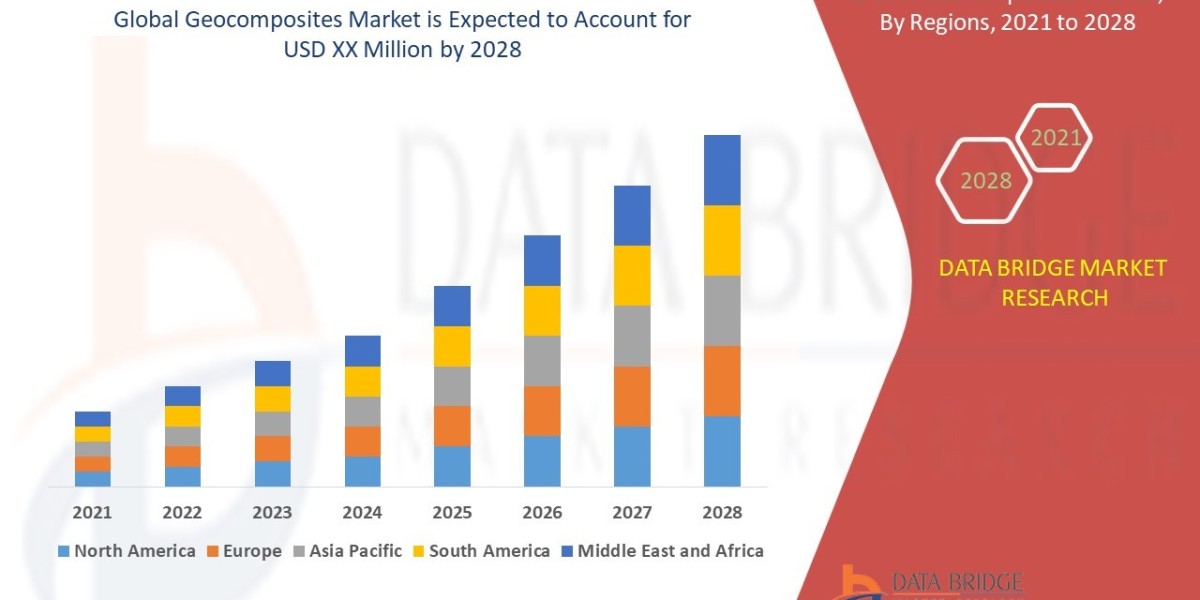The global market for 3D printed wearables is projected to generate an impressive USD 4,251.70 million in 2023, with an anticipated surge to USD 10,246.60 million by 2033. This significant growth reflects a robust compound annual growth rate (CAGR) of 9.20% during the forecast period.
Key Drivers of the 3D Printed Wearable Market
- Customization and Personalization: The demand for tailored designs allows consumers to create wearables that meet their specific needs and preferences, enhancing comfort and functionality.
- Technological Advancements: Continuous improvements in 3D printing technology are making it more efficient, affordable, and accessible, driving wider adoption among consumers and manufacturers.
- R&D Investment: Increased research and development activities are fostering innovation, leading to new applications and materials in the 3D printed wearable space.
- Integration of AI: The incorporation of artificial intelligence in wearables enhances functionality and user experience, driving market interest and expansion.
- Sustainability Focus: Growing consumer awareness around sustainability is pushing the demand for eco-friendly manufacturing practices associated with 3D printing, reducing waste and enabling the use of recyclable materials.
- Healthcare Applications: The need for personalized medical devices, such as prosthetics and wearable health monitors, is creating significant opportunities in the healthcare sector.
Regional Insights
- China: Expected to lead the market with a CAGR of 10.30%, fueled by a growing geriatric population and advanced medical infrastructure.
- India: Projected to achieve a CAGR of 9.20%, driven by government support and a burgeoning healthcare sector.
- Germany: Anticipated to grow at 4.80%, spurred by rising demand for medical wearables.
- United Kingdom: Expected to expand at a CAGR of 5.40%, particularly in sustainable materials.
- United States: Set for a 5.30% CAGR, supported by high consumer awareness and disposable income.
Competitive Landscape
3D printed wearables are still in their early stages, but they hold significant potential for future growth. Currently, the market has a limited number of players, and these companies primarily serve a narrow range of industries. However, as advancements in printing technology continue to emerge, the popularity of 3D printed wearables is expected to rise significantly.
- In October 2023, the Fingy3D startup company run by Mon Health's Intermed Labs continues to put West Virginia at the forefront of medical technology. The startup provides online ordering of 3D-printed prosthetic digits through Intermed Labs at Mon Health. The international contest boasted entries from 21 countries and 21 states, with five finalists vying for a $350,000 prize.
- In September 2023, scientists from Lawrence Livermore National Laboratory (LLNL) and Meta invented a new type of 3D printed material for real-life wearable applications. Biological materials can be mimicked by these new materials, which can potentially impact the future of augmented humanity.
Key Companies Profiled
- DANI PELEG
- New Balance
- Under Armour
- Adidas America Inc.
- 3D Systems Inc.
- Shapeways Inc.
- Formlabs
- Materialise
- Zortrax
- Stratasys Ltd.
- EnvisionTEC
- Carbon, Inc.
Get Strategic Guidance from Our Analyst Contact us on: +1-347-918-3531
3D Printed Wearable Market Segmentation
By Product Type:
- Footwear
- Prosthetics
- Orthopedic Implants
- Surgical Instruments
- Smart Watches
- Fitness Trackers
By End-use Sector:
- Hospital
- Pharma and Biotech companies
- Academic Institutes
- Others
By Sales Channel:
- Online Retail
- Offline Retail
- Direct Sales
- Healthcare Providers
- Customization Platforms
By Region:
- North America
- Latin America
- Western Europe
- Eastern Europe
- South Asia and Pacific
- East Asia
- Middle East and Africa



